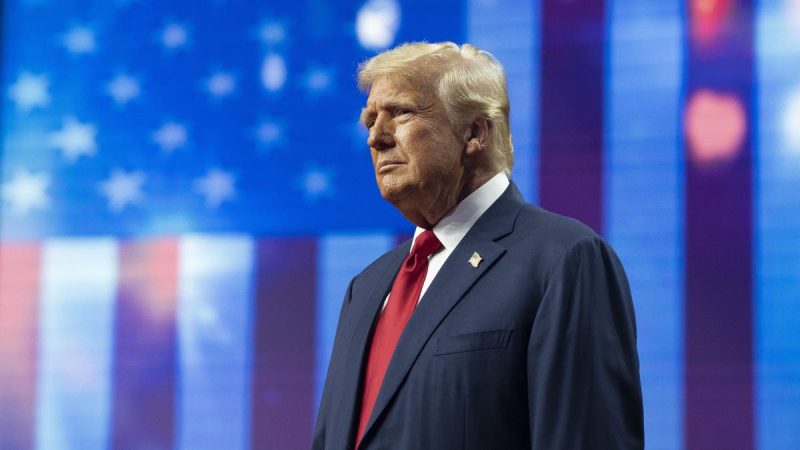In recent years, the political climate in the United States has become increasingly volatile, with rising tensions and polarization leading to a surge in politically motivated threats and violence. This troubling trend has not spared even members of the Trump administration, with several Cabinet nominees and appointees being targeted with violent and unAmerican threats.
The toxic atmosphere surrounding political discourse in the country has fueled extremist elements on both sides of the political spectrum to resort to intimidation and violence against those they perceive as ideological adversaries. This dangerous escalation has been evident in the threats directed at individuals nominated or appointed by the Trump administration to serve in key government positions.
One of the most notable instances of such threats was seen during the confirmation process of Supreme Court Justice Brett Kavanaugh. Kavanaugh faced a barrage of vicious attacks and threats from those opposed to his nomination, with violent rhetoric and actions culminating in a highly charged and contentious confirmation hearing.
Similarly, other Trump Cabinet nominees and appointees have also been subjected to intimidation and threats from individuals and groups seeking to undermine their appointments. Such behavior not only poses a direct threat to the safety and well-being of these individuals but also undermines the principles of democracy and civil discourse that are essential to the functioning of a healthy democracy.
The rise of social media and online platforms has further exacerbated the issue, providing a platform for anonymous individuals to disseminate hate speech and threats with impunity. This online environment has enabled the rapid spread of misinformation, conspiracy theories, and incitements to violence, creating a breeding ground for extremism and radicalization.
In response to these threats, law enforcement agencies have been tasked with ensuring the safety and security of government officials and public figures at risk of harm. Measures such as increased security details, threat assessments, and monitoring of online threats have become standard procedures to protect individuals from potential acts of violence.
Moving forward, it is imperative for all stakeholders, including political leaders, law enforcement agencies, and the public, to condemn all forms of violence and threats directed at government officials and to uphold the values of tolerance, respect, and civility in public discourse. By fostering a culture of open dialogue, mutual understanding, and respect for differing viewpoints, we can work towards a more inclusive and democratic society where all individuals can exercise their rights and fulfill their public duties without fear of violence or intimidation.
